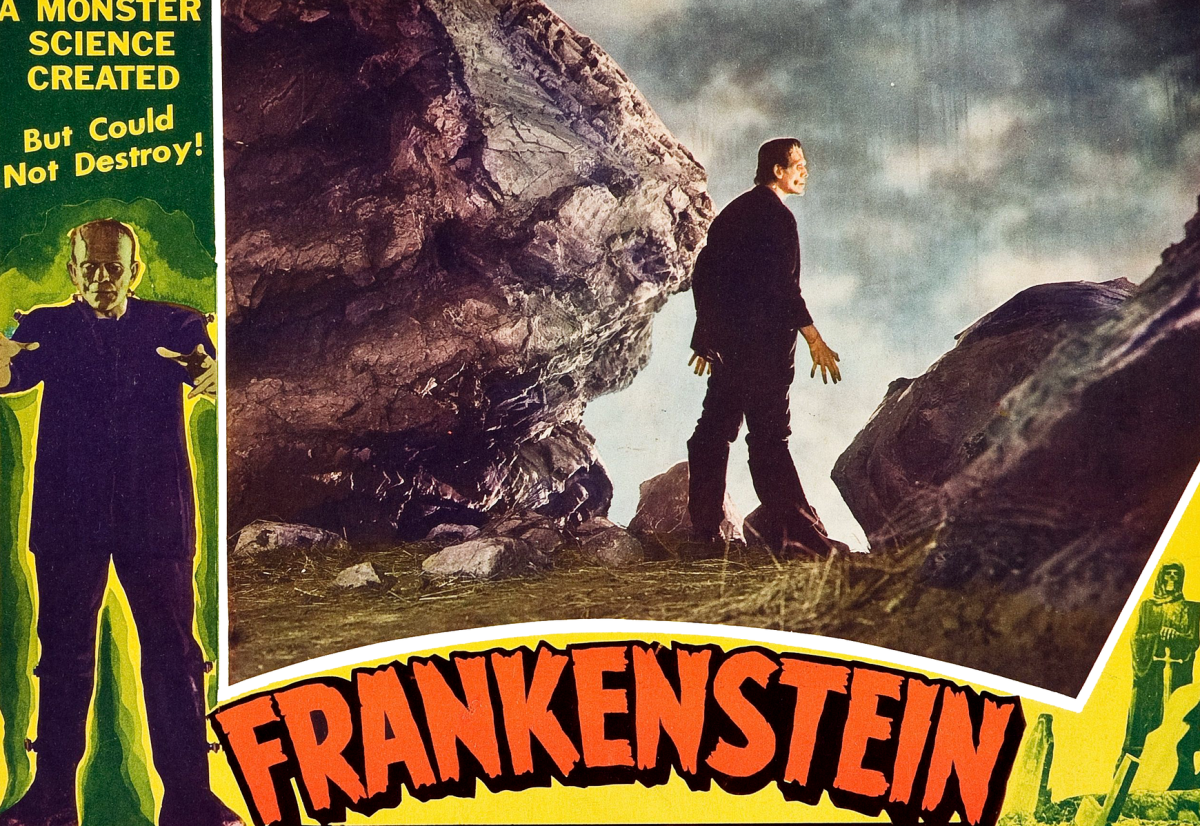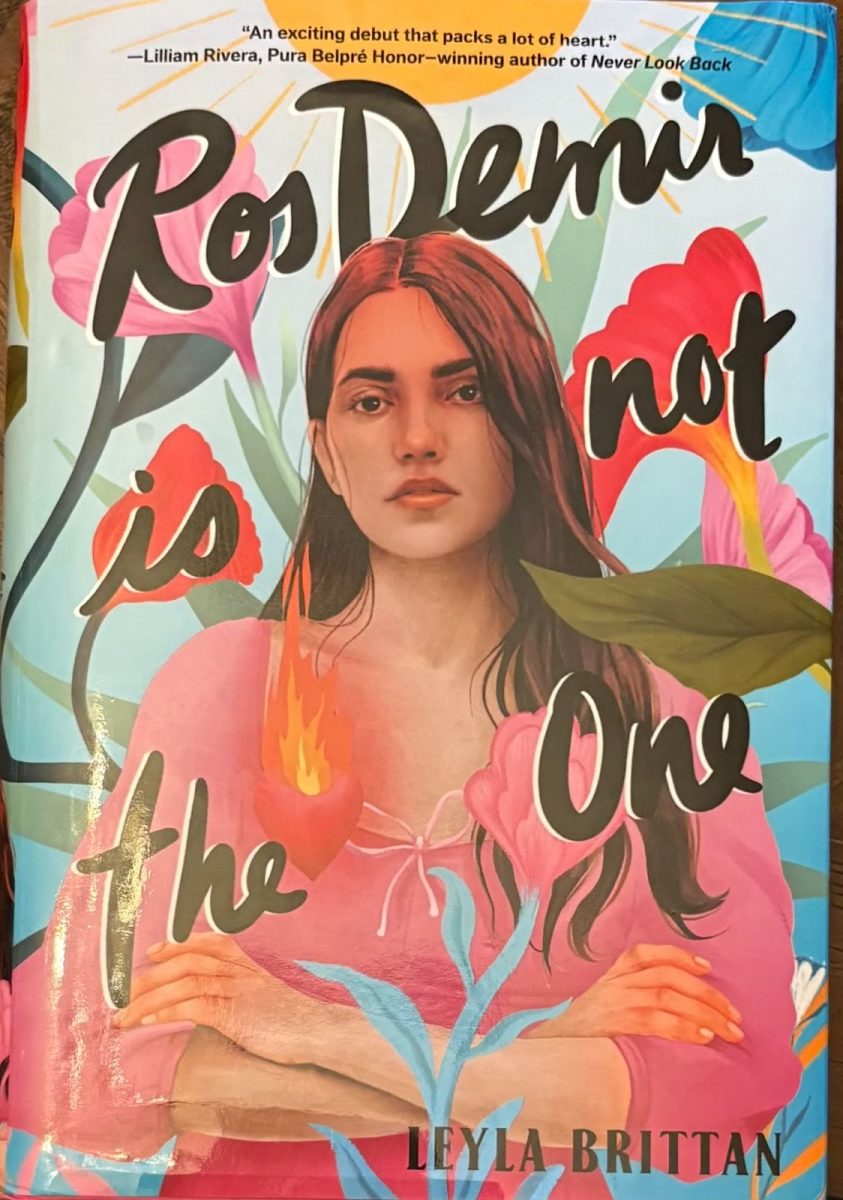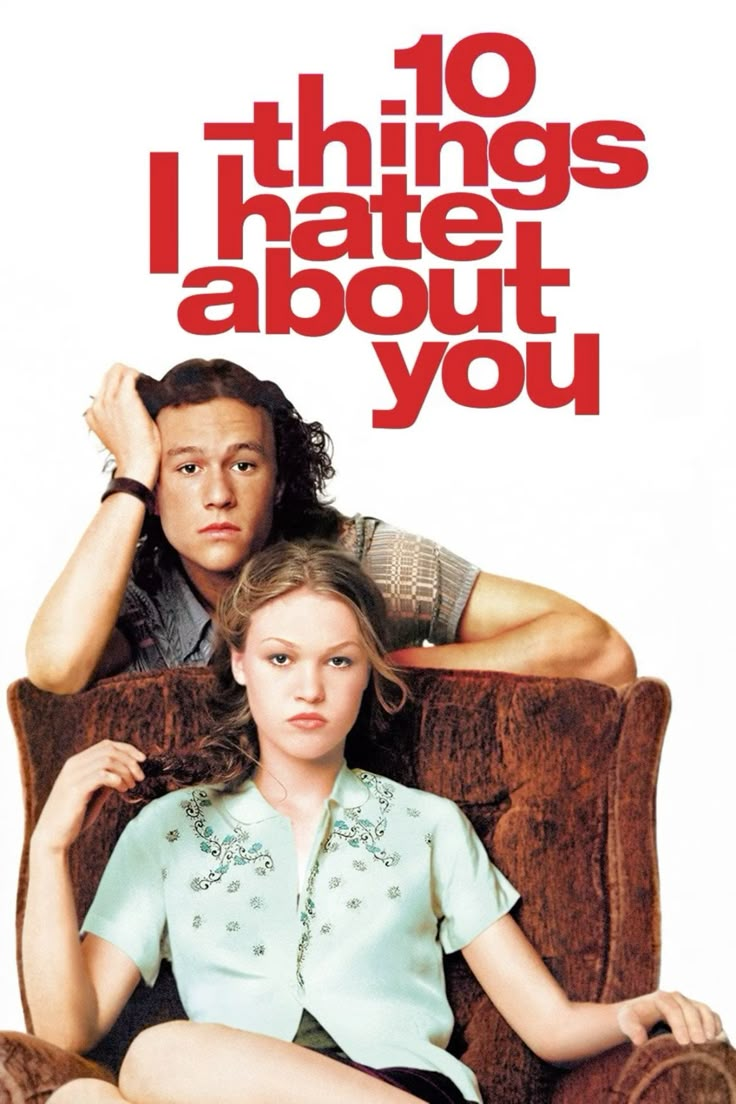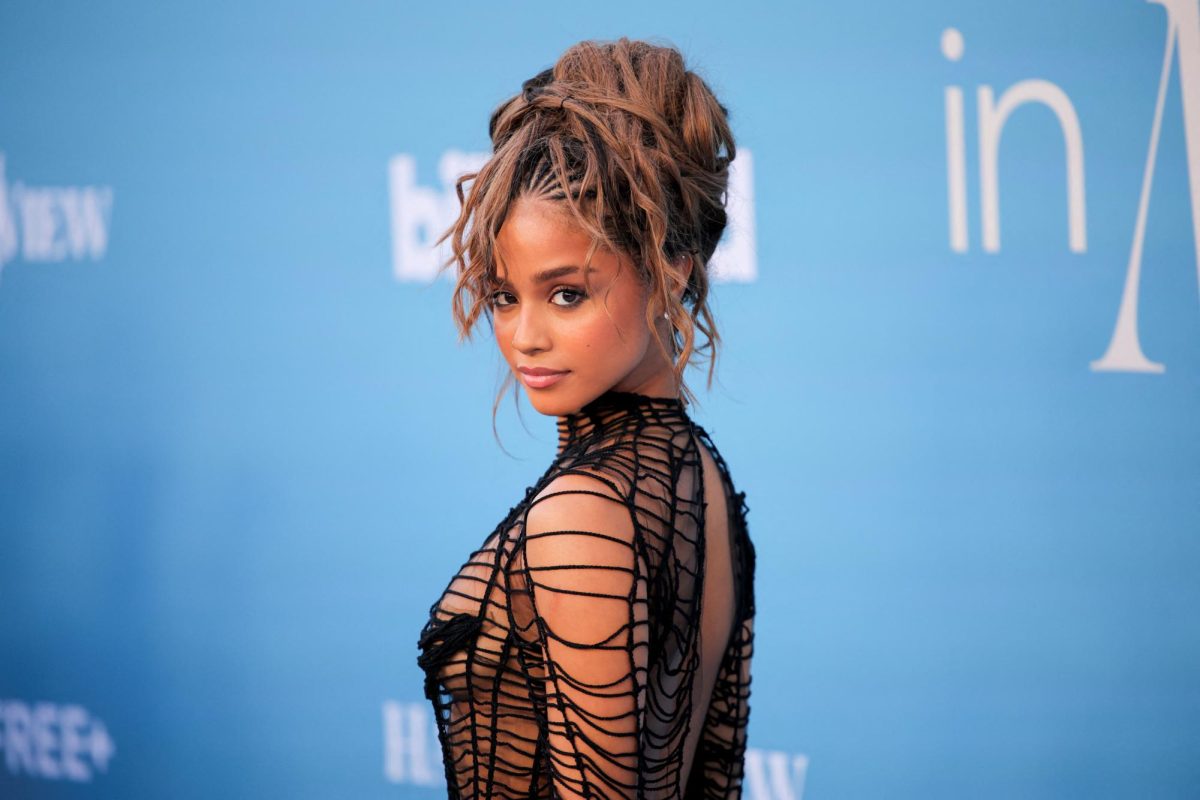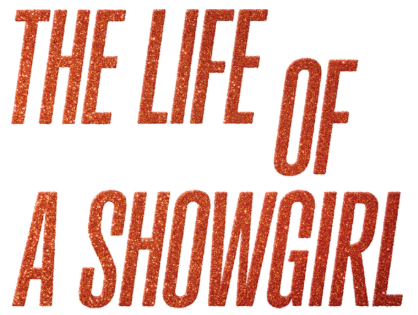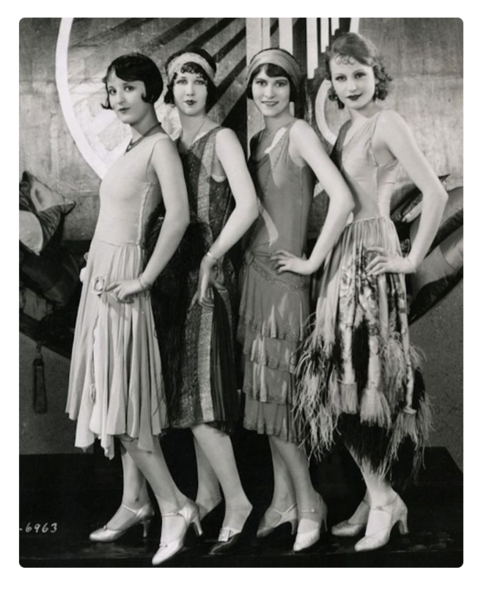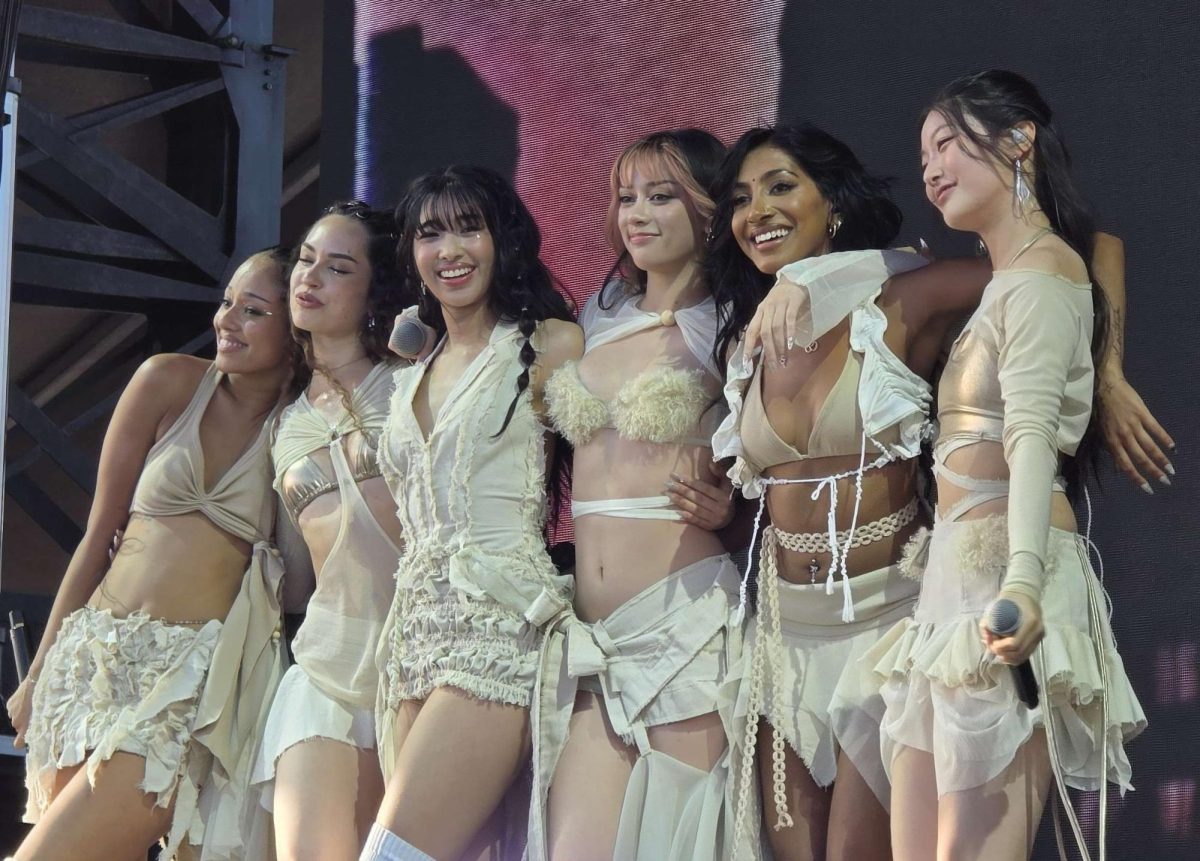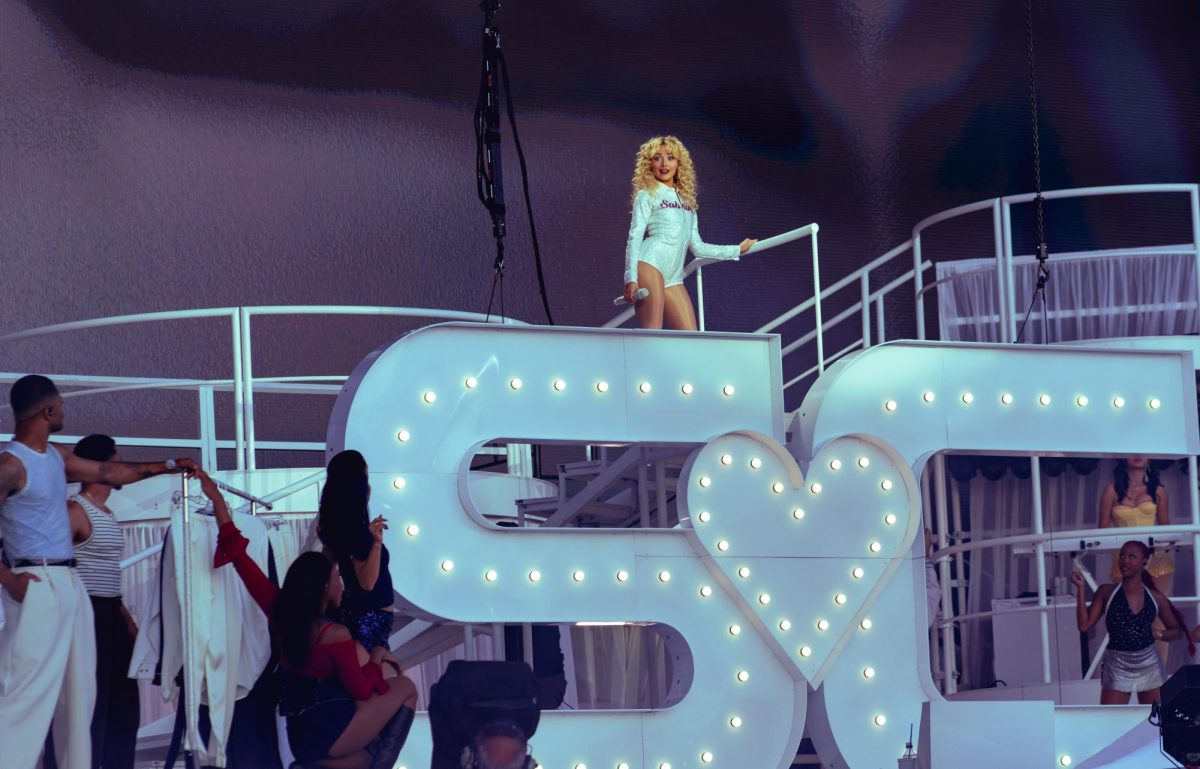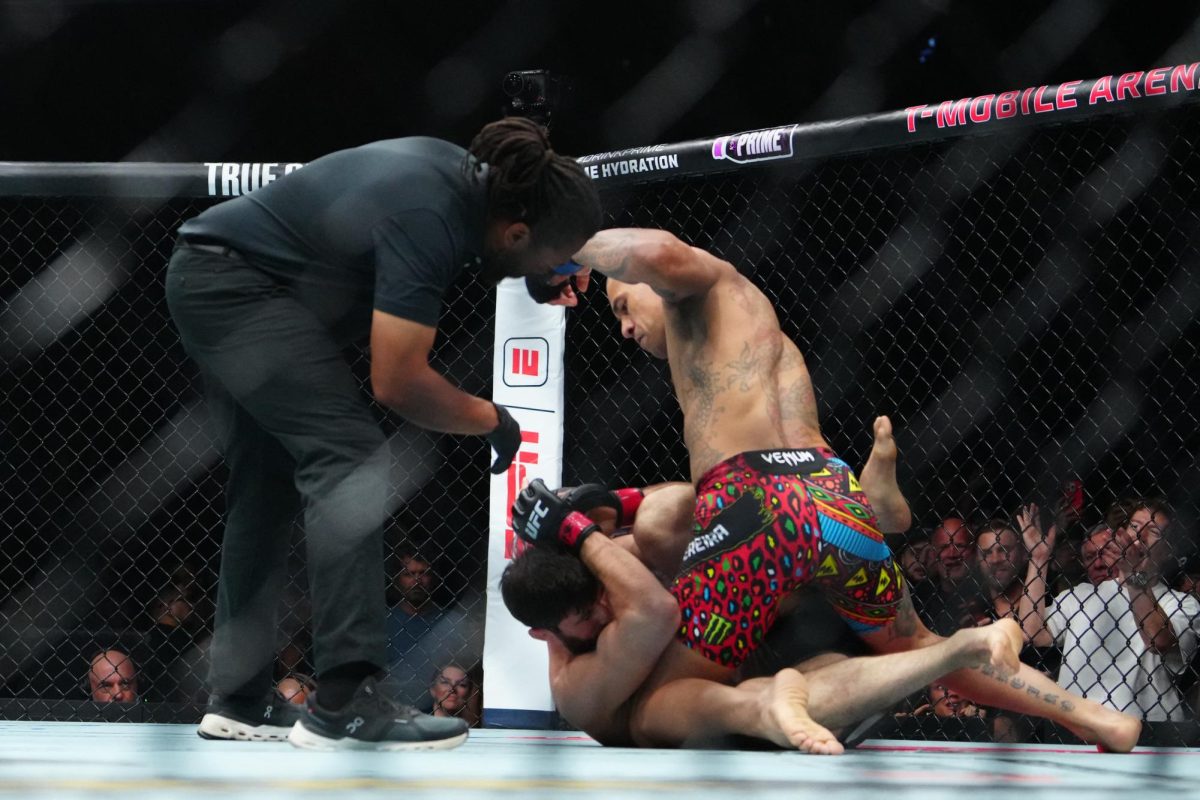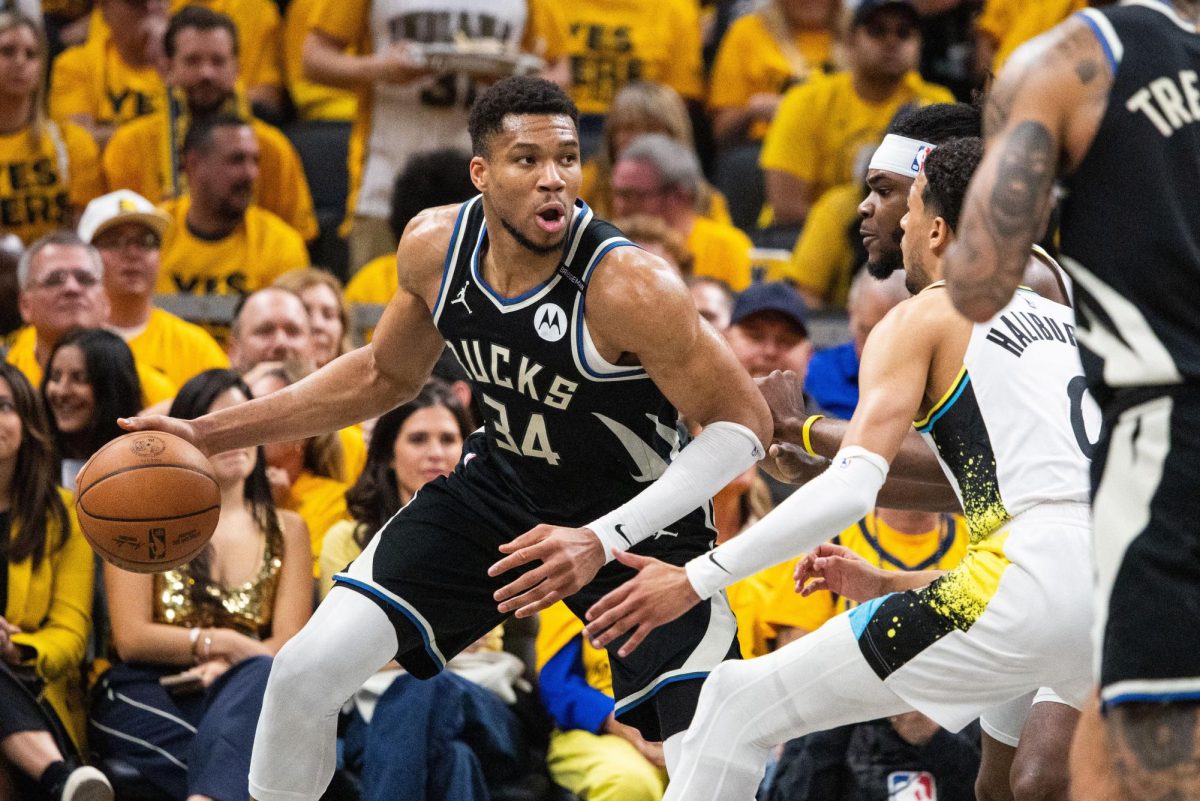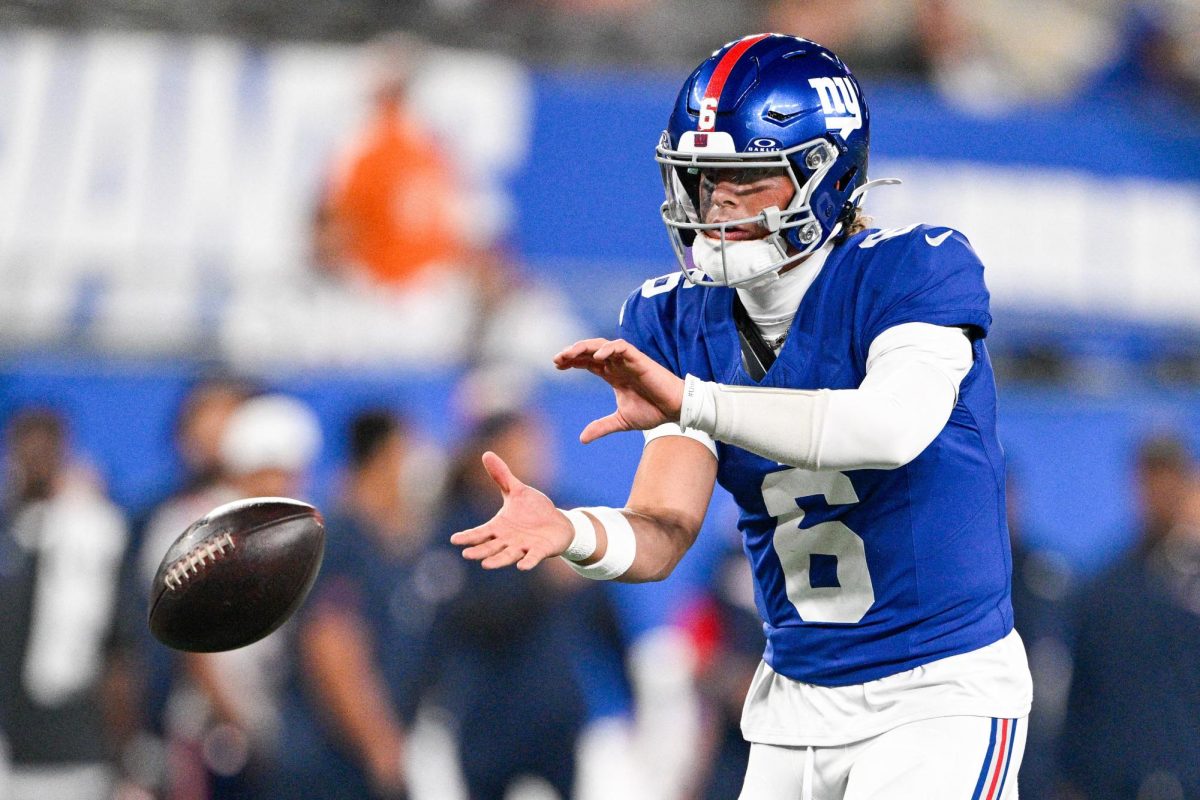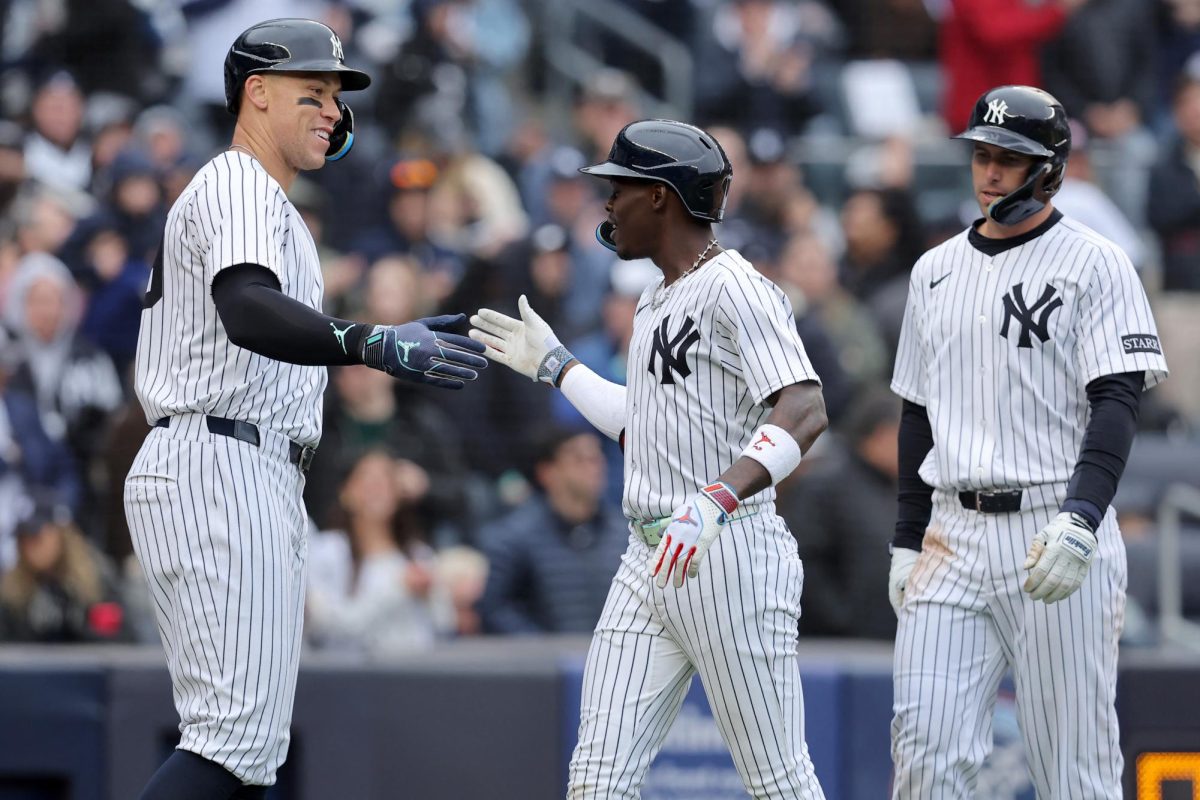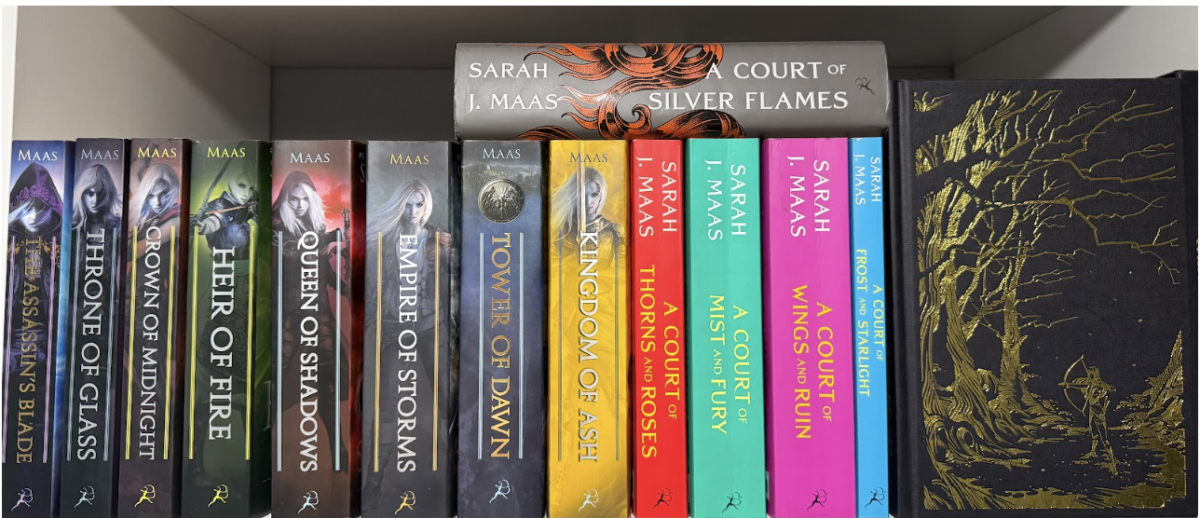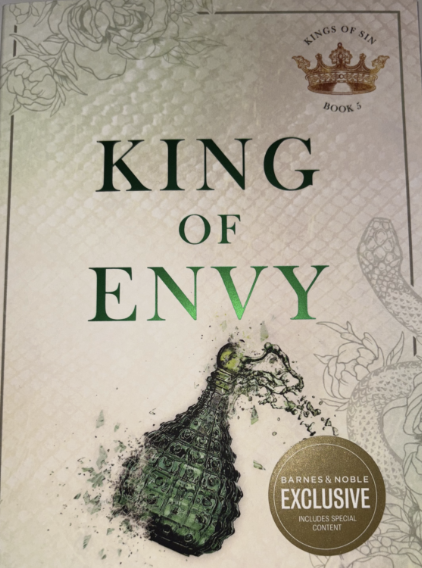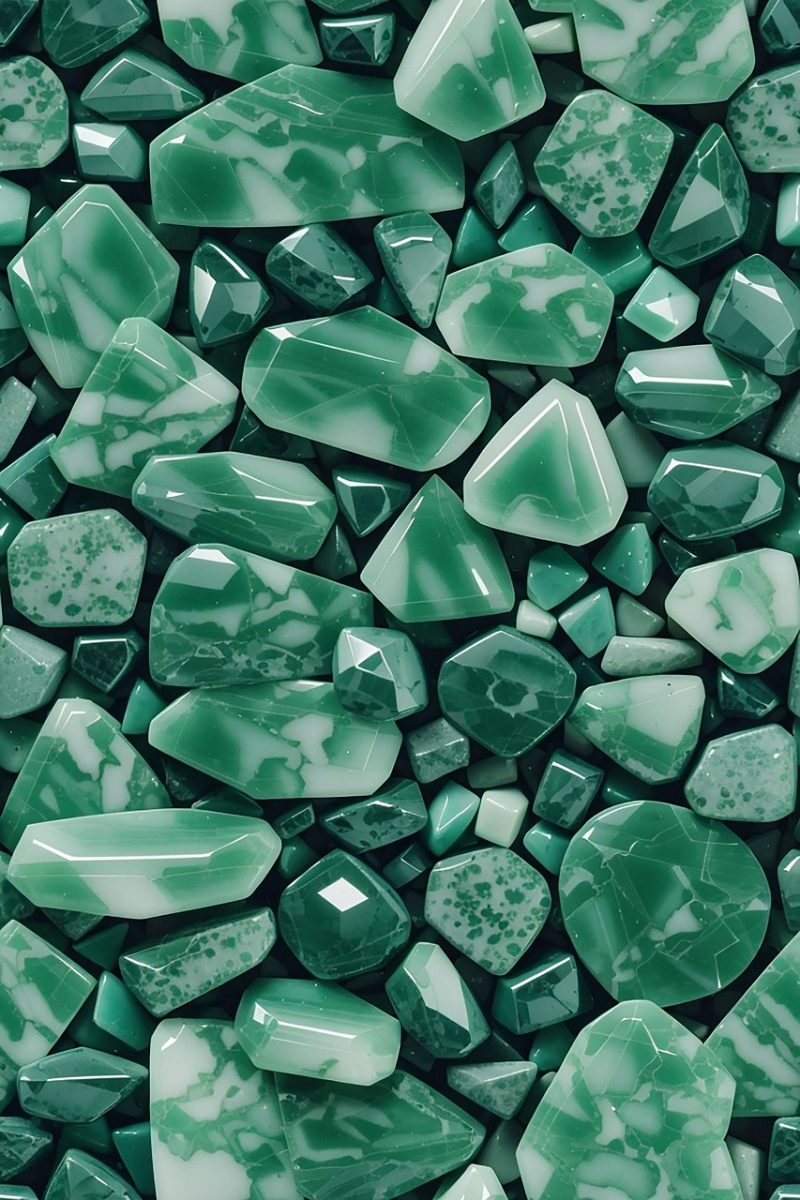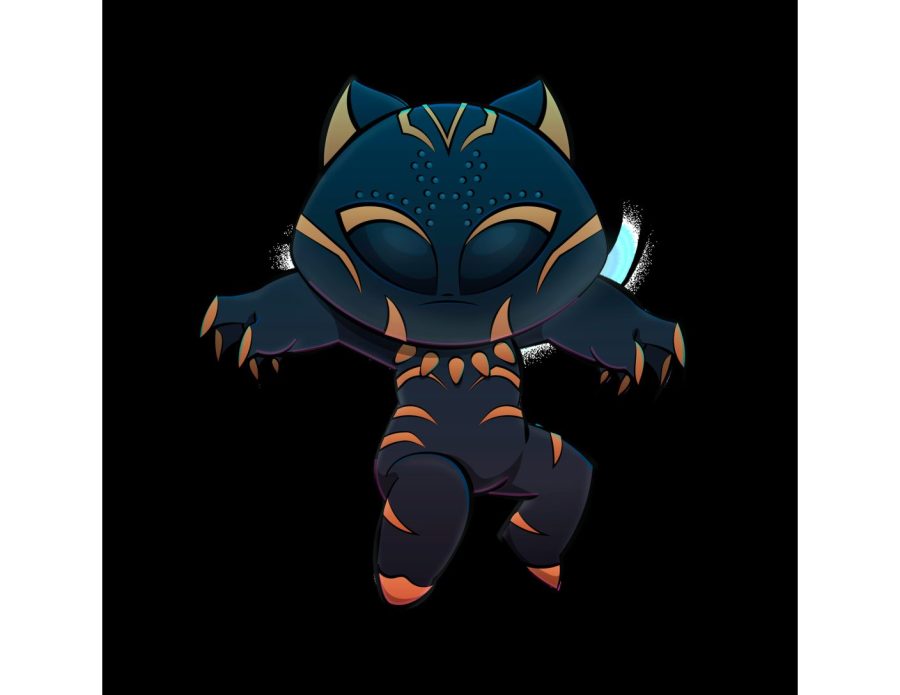Black Panther: Wakanda Forever and Marvel’s Reinvented Image of Female Superheroes
December 4, 2022
Warning: Spoilers Ahead
From the release of the first Marvel movie, Iron Man, in 2008, to the latest movie added to the MCU (Marvel Cinematic Universe), Black Panther: Wakanda Forever, there has been an undeniable shift in the roles and representation Marvel gives to its female characters. As times have become increasingly progressive, audiences have become more critical of the way leading women in the MCU are represented, especially when rewatching older projects. Even though, recently, the majority of people have criticized Marvel productions for being “corny” and not as good as their previous films, Black Panther: Wakanda Forever redeems Marvel’s reputation while also recovering their image by portraying their female leads through a more feminist lens.
If you’re not familiar with the MCU, then you’re not aware of the roles the majority of their female leads played beforehand. In the early 2000s, stereotypical superhero movies were what people expected, and production companies were not as concerned with inclusivity and positive representation in their films. The plot would go like this: a strong, complex male lead undergoes some form of trauma, and, as a result, gains superpowers. They save the world and develop their previously ignorant and weak character, all while seducing their female assistant or partner in the meantime. In fact, up until the release of Captain Marvel in 2019, there had been no movies in the Marvel Cinematic Universe that included a female leading superhero. Obviously, “strong” female characters had been introduced prior to Captain Marvel’s release, but their role was still centered around their male colleagues. Even though characters like Black Widow or Peggy Carter have had prominent roles, Peggy Carter played Captain America’s love interest, while Black Widow played the role of the femme fatale, dressed in a skin-tight black suit for most of the movies she was in.
The introduction of leading female characters into the MCU – and actually presenting them as strong and complex without centering their importance around another male character – has been the new, more recent representation of female superheroes in Marvel movies. In the past few years, Marvel has been rapidly reinventing their image; Black Panther: Wakanda Forever is just further evidence of that, boasting a mostly female cast.
Shuri, T’Challa’s sister, is not only Wakanda’s (and perhaps the world’s) most brilliant scientist and engineer, but she also takes the position of the Black Panther following her brother’s death. Physical strength and smarts weren’t the only things that made her character inspirational; while most women are shown as sensitive, submissive, and passive on screen, Shuri is headstrong and loyal to her ideas. She shows compassion, as all good leaders do, but she can also show anger, assertiveness, and be outspoken. We follow not only the development of her physical strength through battles, but also her mental strength. She does not believe in tradition and immerses herself in her work and passion for science and engineering. She does not lose herself after her brother’s off-screen death, but instead copes through work and keeps up a tough front throughout the film. Even during her mother’s death later on in the movie when their kingdom is being attacked by Talokan (an underwater empire), she fights back harder than ever and uses her sense of vengeance to drive her. And at the same time, she’s able to balance that with displays of compassion and understanding to conclude the final battle with Talokan’s leader.
Shuri’s not the only strong female lead. Wakanda’s most skilled military force, the Dora Milaje, are all extremely trained and dangerous women, who we see take out armies of soldiers using just a spear. In the first and now the second Black Panther movie, they show outstanding bravery and resilience. Shuri and T’Challa’s mother, Queen Ramonda, plays a more nurturing role, but also demonstrates emotional strength and confidence when we see her fight for her country in the League of Nations and, to a greater extent, when she sacrifices her life to save another key character, Riri Williams. Even that character, Riri herself, is a genius scientist, making machines and devices no one has ever been able to make before. Like Shuri, she’s outspoken, opinionated, and devoted to her work. While all of these female characters are incredible and inspiring, they are also written to not have revealing suits where the neckline is way too low, and none of the characters have any male love interests.
While the death of Chadwick Boseman was unexpected and certainly shifted the plotline for the upcoming appearances of the Black Panther, Marvel did an excellent job passing that role onto Shuri. This newfound wave of the media mostly incorporating leading female superheroes is certainly something new Marvel has adopted, and hopefully something they continue. For younger and older female audiences invested in the MCU, this is the representation they need to see. This is the representation of women we all need to see.


